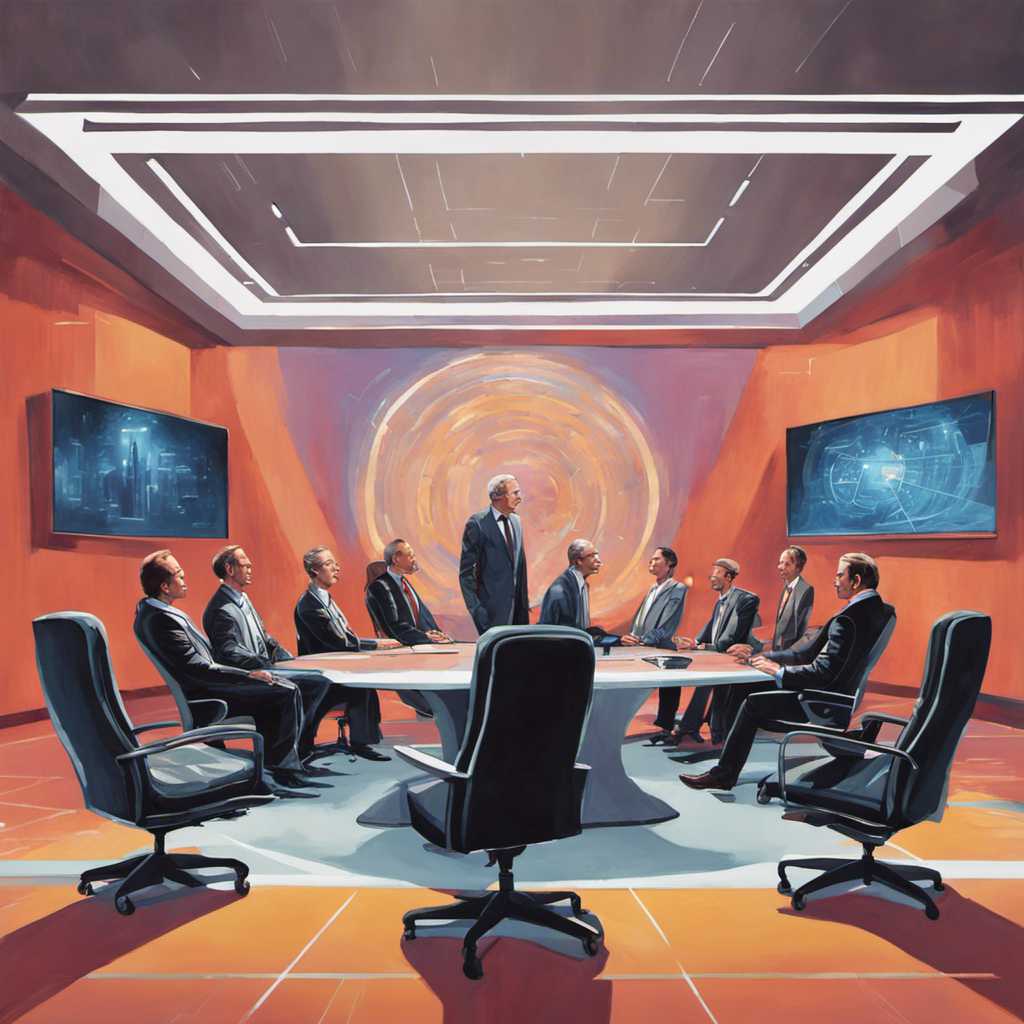The ousting of Bob Nardelli sent a wrong message to American CEOs: it taught them an incorrect lesson – manage the stock, not the company.
As Herb Greenberg mentioned in his column, if Home Depot’s (HD) stock went up while he was in charge he would still have a job, though he’d be $210 million poorer.
Bob Nardelli was a terrible stock promoter (not his job), but he did a terrific job managing the company (his job). As I mentioned in the past, from the time Nardelli took over Home Depot in 2000, Home Depot’s earnings have grown at an amazing clip of 20% a year, revenues over 15%, net margins have increased and return on capital went up every single year. The stock has not gone anywhere during his leadership because it was grossly overpriced in 2000.
Did he do a job worthy of $210 million? He came to manage an already successful company, an industry leader, a well oiled, money making machine, not a startup that lost its way.
Despite the stock prices not moving since he came on board, he created a lot of shareholder value (when measured in operating performance). But in many ways his main job was not to screw up (not to destroy corporate culture, or make dumb acquisitions, or over leverage the company etc…).
His $210 million compensation package is a disgrace – sorry Bob, but you were not worth that much. But the blame for overpaying Bob should not go to Bob, but should instead land on Home Depot’s board of directors. Bob is as greedy as any human being, and if I were him I’d ask for a billion dollars (why not?), but it is the board’s responsibility to decide how much to pay a CEO.
If you invite a plumber to your house to fix a sink and he asks for $10,000 – that is his right! His first responsibility is to feed his family, not to you. Your right is to find another plumber who’ll do the same job for $100. And if you decided to pay the plumber $10,000 for a job that somebody else would do for $100 – don’t blame the plumber, point the finger at yourself.
Unfortunately, the same board that just paid a “failed CEO” (he was fired after all) the equivalent of a GDP of several Caribbean islands, will do the same thing all over again. If you are unhappy with Bob’s going away present, blame Home Depot’s board, not Bob. There is a free market at work when it comes to 99.999% of the jobs out there, the free market-Messrs. Supply and Demand decide how much to pay a computer programmer, an accountant, a store clerk. But when it comes to top executive jobs, Mr. Supply takes a vacation and Mr. Demand (the soon to be hired CEO) decides with the board’s rubber stamp his/her own compensation.









0 comments